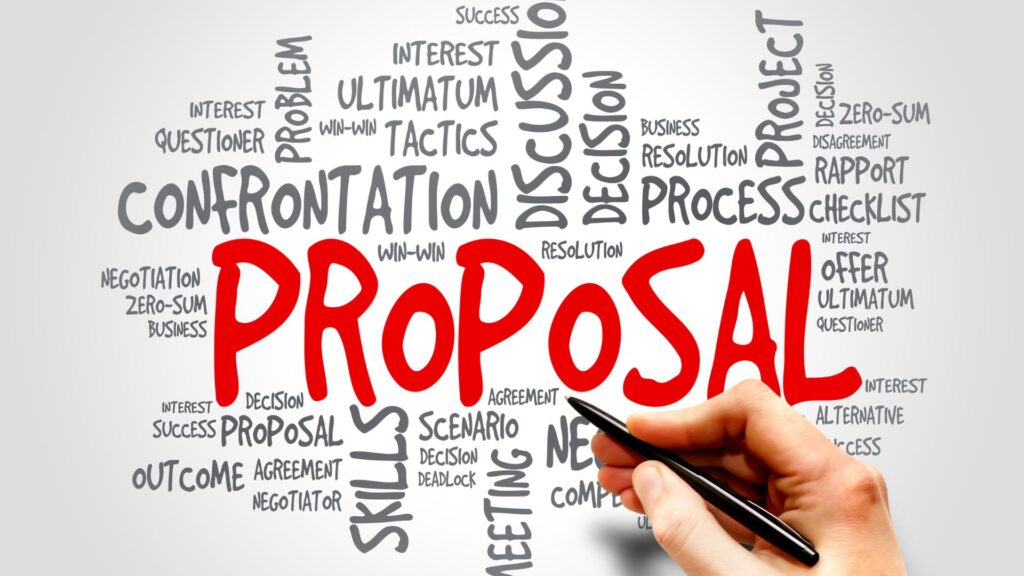Introduction
Writing a successful proposal for federal contracting is an art and a science. It requires a deep understanding of the requirements, a strategic approach, and an ability to showcase your business’s strengths persuasively. This blog post aims to share tips, highlight common pitfalls, and explain the proposal evaluation criteria to help small businesses master the proposal writing process. Additionally, we will explore how Beardennis.com can be instrumental in guiding companies through this intricate process.
Understanding the Importance of Proposal Writing
In federal contracting, the proposal is your primary tool to communicate your business’s capabilities and value proposition. It’s more than just a document; it reflects your understanding of the client’s needs, professionalism, and ability to deliver. A well-crafted proposal can set your business apart in a highly competitive marketplace. It should be tailored to each opportunity, addressing the solicitation’s specific requirements and evaluation criteria.
Critical Elements of a Successful Proposal
- Compliance: Ensure that your proposal strictly adheres to the solicitation requirements. Non-compliance is a common reason for disqualification.
- Understanding the Client’s Needs: Demonstrate a clear understanding of the problem or need stated in the solicitation.
- Solution Offering: Detail your proposed solution, highlighting how it effectively addresses the client’s needs.
- Qualifications and Past Performance: Showcase your business’s capabilities and past performance relevant to the solicitation.
- Cost Proposal: Provide a clear, realistic, and competitive cost proposal.
Beardennis.com can assist in ensuring that these critical elements are effectively addressed in your proposals.
The Proposal Writing Process
- Thoroughly Read and Understand the Solicitation: Start by thoroughly reading the solicitation to understand all requirements.
- Strategize Your Approach: Develop a strategy that aligns with the evaluation criteria.
- Write Clearly and Persuasively: Use clear, concise, and persuasive language to articulate your value proposition.
- Review and Revise: Repeatedly revise your proposal for clarity, compliance, and competitiveness.
Beardennis.com offers expertise in this process, from interpreting solicitations to refining your final submission.
Common Pitfalls in Proposal Writing
Common pitfalls include:
- Lack of compliance with solicitation requirements.
- Failing to address the client’s needs adequately.
- Underestimating the importance of clear and concise writing.
- Overlooking the need for thorough proofreading.
Avoiding these pitfalls is crucial for a successful proposal.
Understanding Proposal Evaluation Criteria
Federal agencies evaluate proposals based on technical approach, past performance, personnel qualifications, and cost. Understanding how your submission will be considered is crucial for success. Each criterion must be addressed thoroughly and effectively in your proposal.
How Beardennis.com Can Help
Beardennis.com provides comprehensive support in the proposal writing process. Their services include:
- Guidance on understanding solicitation requirements.
- Assistance in developing a winning strategy.
- Reviewing proposals for compliance and persuasiveness.
- Support in crafting a competitive cost proposal.
Conclusion
Mastering the proposal writing process is essential for success in federal contracting. Small businesses can significantly enhance their chances of winning contracts with strategic approaches, awareness of common pitfalls, and an understanding of evaluation criteria. Beardennis.com stands as a valuable resource in this endeavor.








